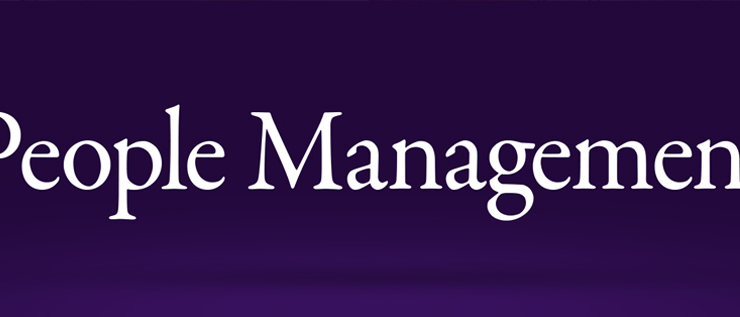At first glance, the idea of reintroducing staff suggestion boxes might sound like a step backwards. But if there’s genuine commitment behind it, these initiatives can be a powerful lever for both employee engagement and operational improvement.
I recently shared my perspective with People Management on why major organisations like JPMorgan and Amazon are bringing back formal channels to capture employee ideas, and why others would be wise to take note.
The real value in seeking employee feedback lies in how that feedback is used. Employees are often much closer to the day-to-day challenges, such as inefficient processes, unnecessary layers of bureaucracy or overlooked opportunities, than senior leaders. Having a structured way to tap into that insight can be a powerful driver of meaningful improvement and genuine business value.
Gathering feedback is only the starting point. To make initiatives like this work effectively, organisations need to go beyond simply collecting ideas. It requires dedicated time and resources to explore the feedback in depth, understand common themes and underlying issues, and respond with thoughtful, considered action.
If not handled well, initiatives like this can do more harm than good. When employees take the time to share feedback but see no response or follow through, it could lead to cynicism and a breakdown in trust. That’s why it’s essential to approach this with care and clarity from the outset.
My advice to HR teams is straightforward:
- Secure visible senior leadership commitment. Employees need to see that leaders are genuinely prepared to listen and act.
- Put a clear, structured process in place. Feedback should be gathered, analysed and prioritised thoughtfully; and not allowed to disappear into a void.
- Communicate outcomes openly and regularly. When people can see the impact of their input, it builds trust and keeps the momentum going.
Done right, this isn’t just about ticking a box, it’s about embedding a culture where employees feel heard, valued, and part of the organisation’s future.


